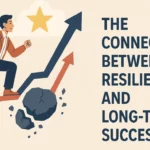Neuroscience of Discipline
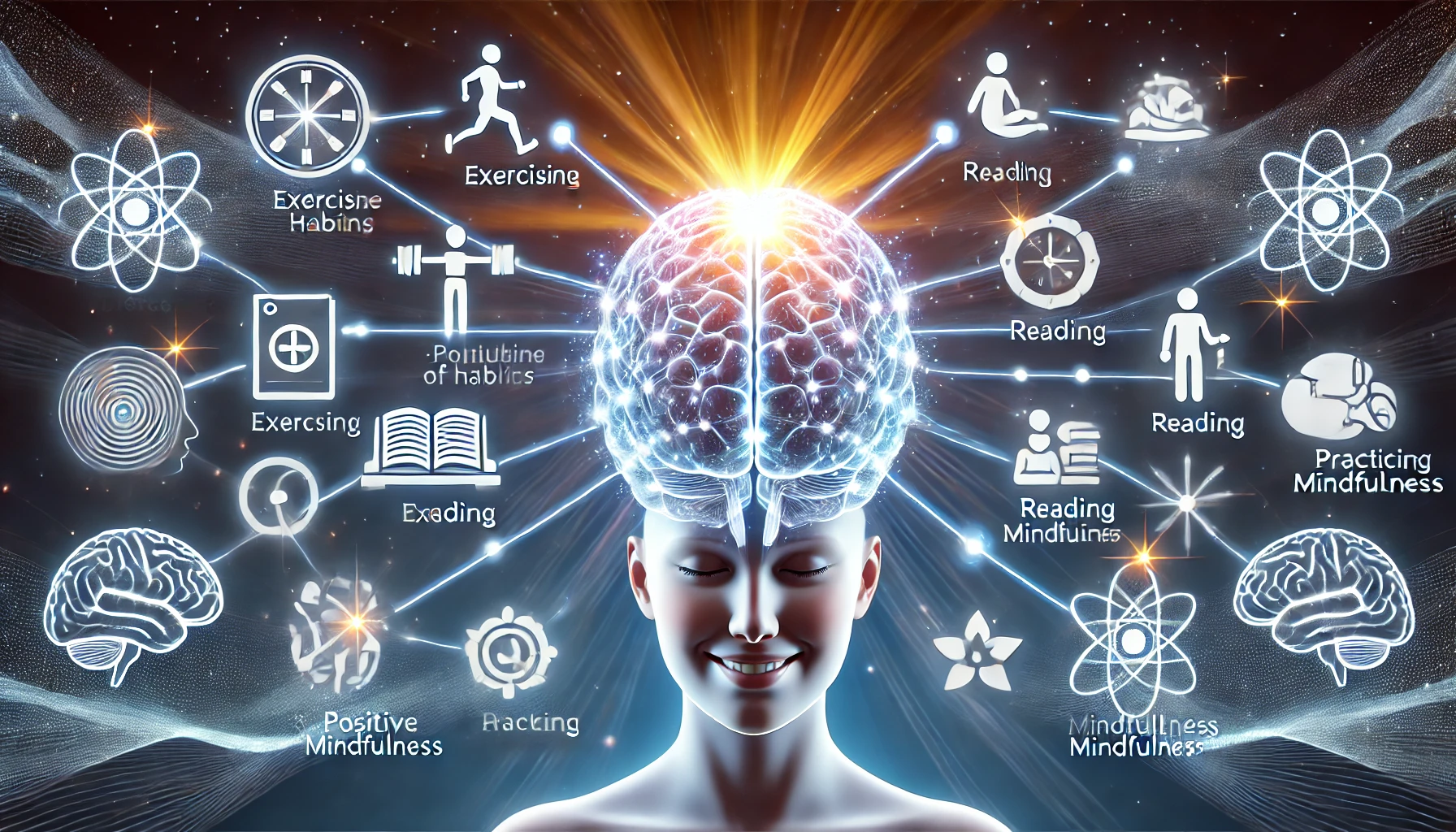
How to Create Positive Habits Using the Brain’s Mechanisms
Building positive habits isn’t just about willpower—it’s about understanding how your brain forms habits and using that knowledge to make ...
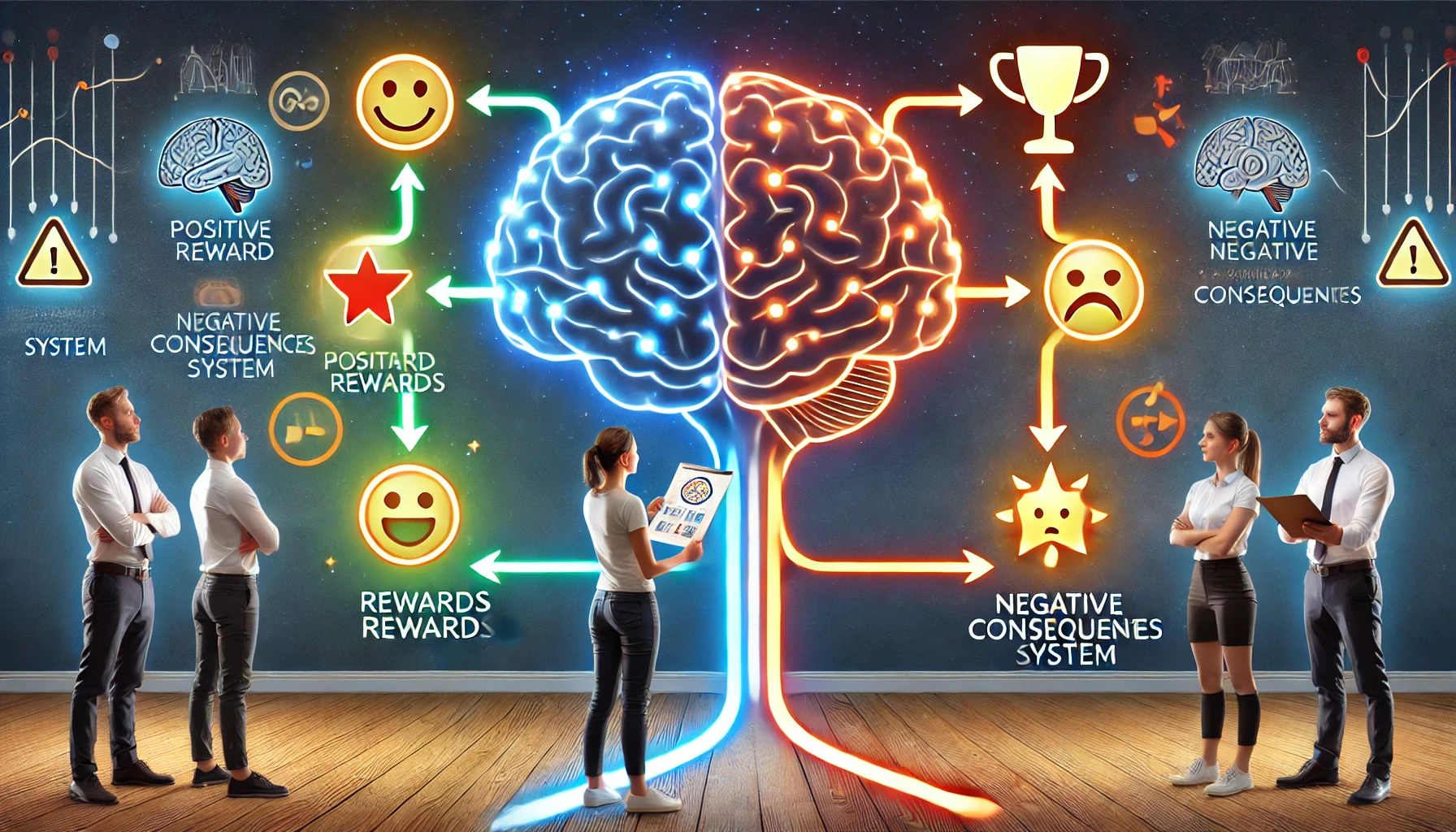
How the Brain Processes Rewards and Consequences and How to Use This to Your Advantage
Every decision you make—whether to exercise, procrastinate, eat healthy, or indulge in junk food—is influenced by how your brain processes ...
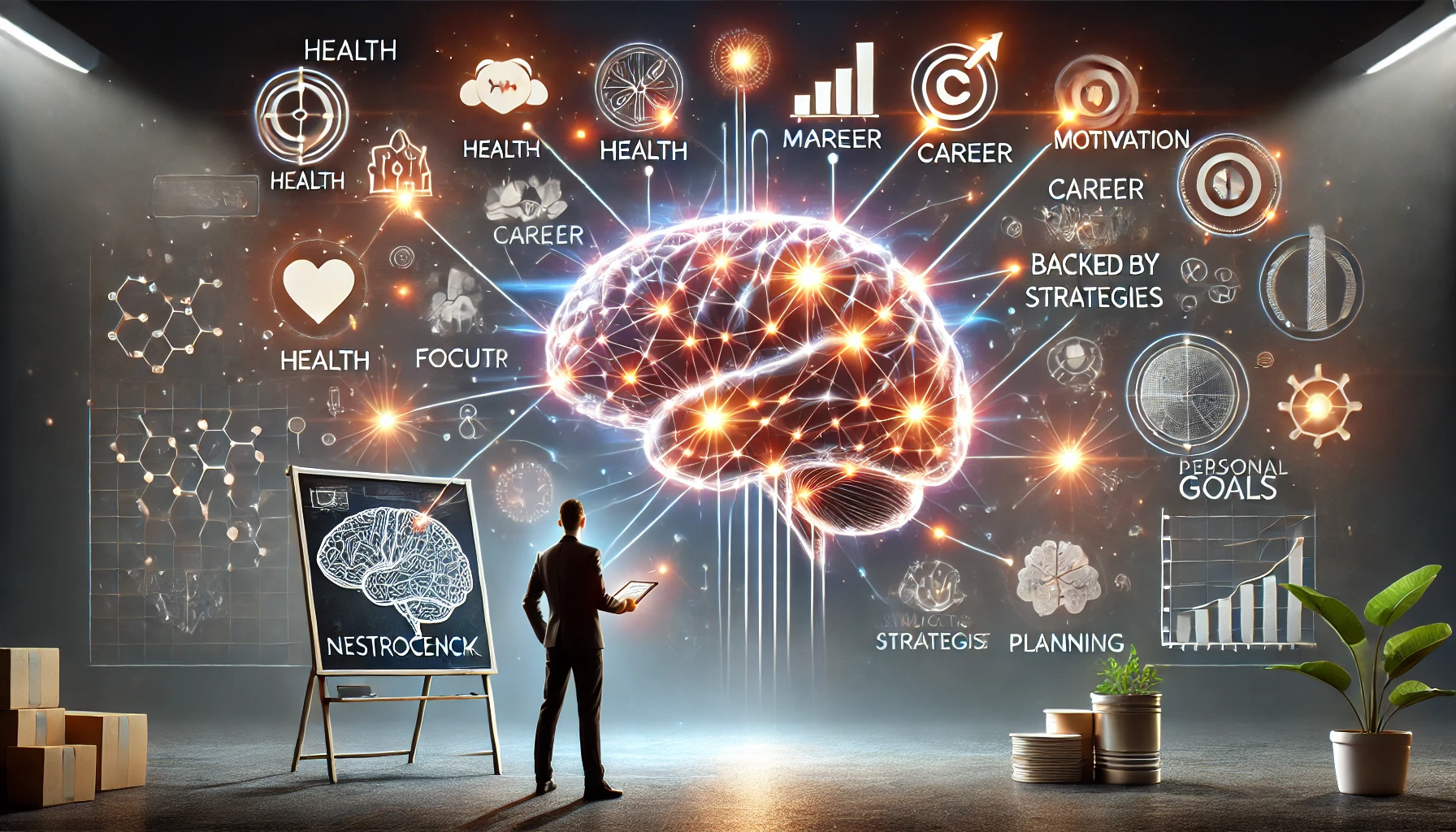
How Neuroscience Can Help You Set More Effective Goals
Setting goals is easy, but achieving them requires more than just motivation. Neuroscience reveals that the way you set goals ...
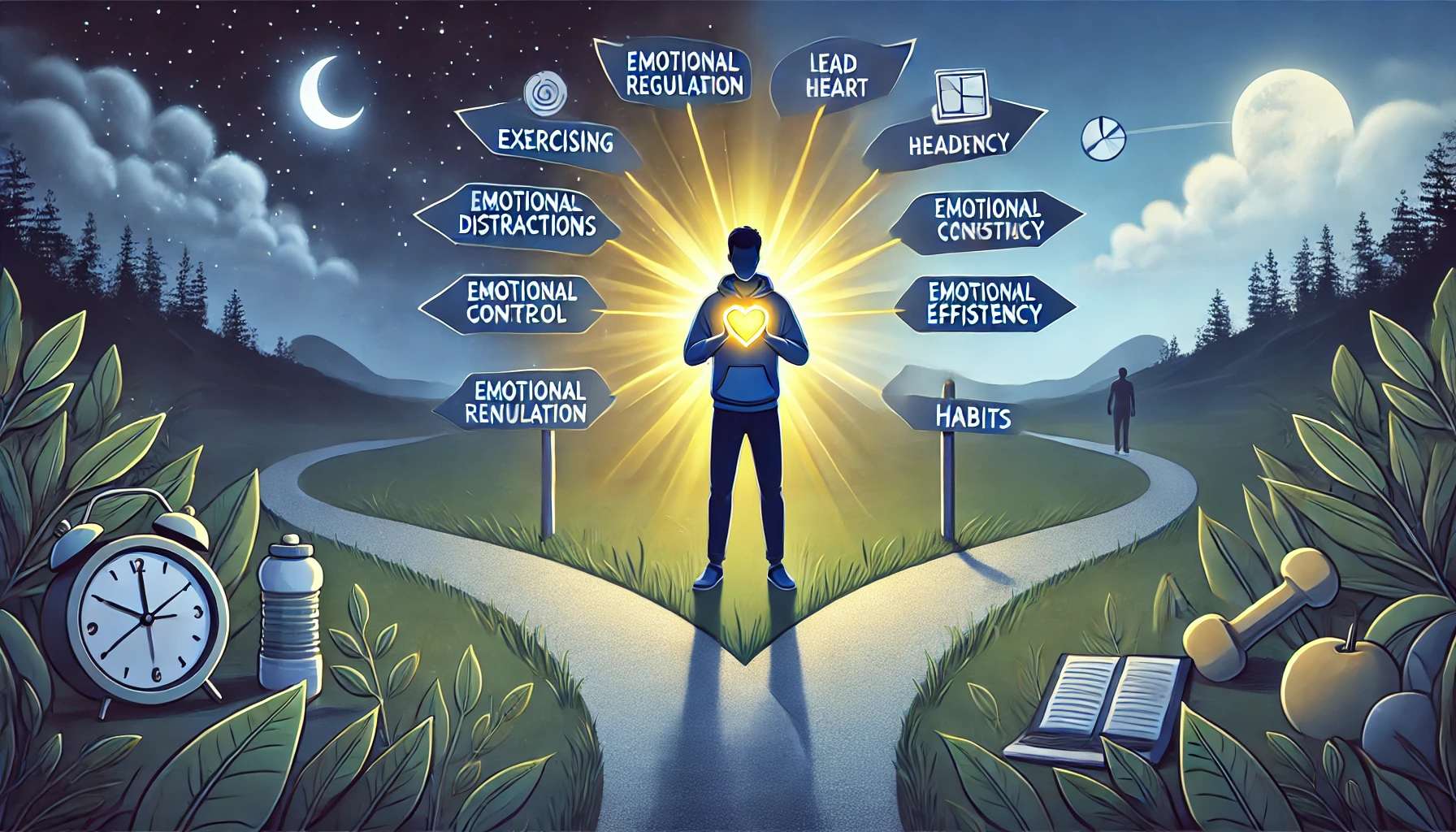
The Importance of Emotional Regulation in Habit Formation
Forming and maintaining habits isn’t just about motivation or willpower—it’s deeply influenced by how well you regulate your emotions. When ...

How Stress Management Affects Self-Discipline and Productivity
Stress is one of the biggest hidden enemies of self-discipline and productivity. While a moderate amount of stress can boost ...
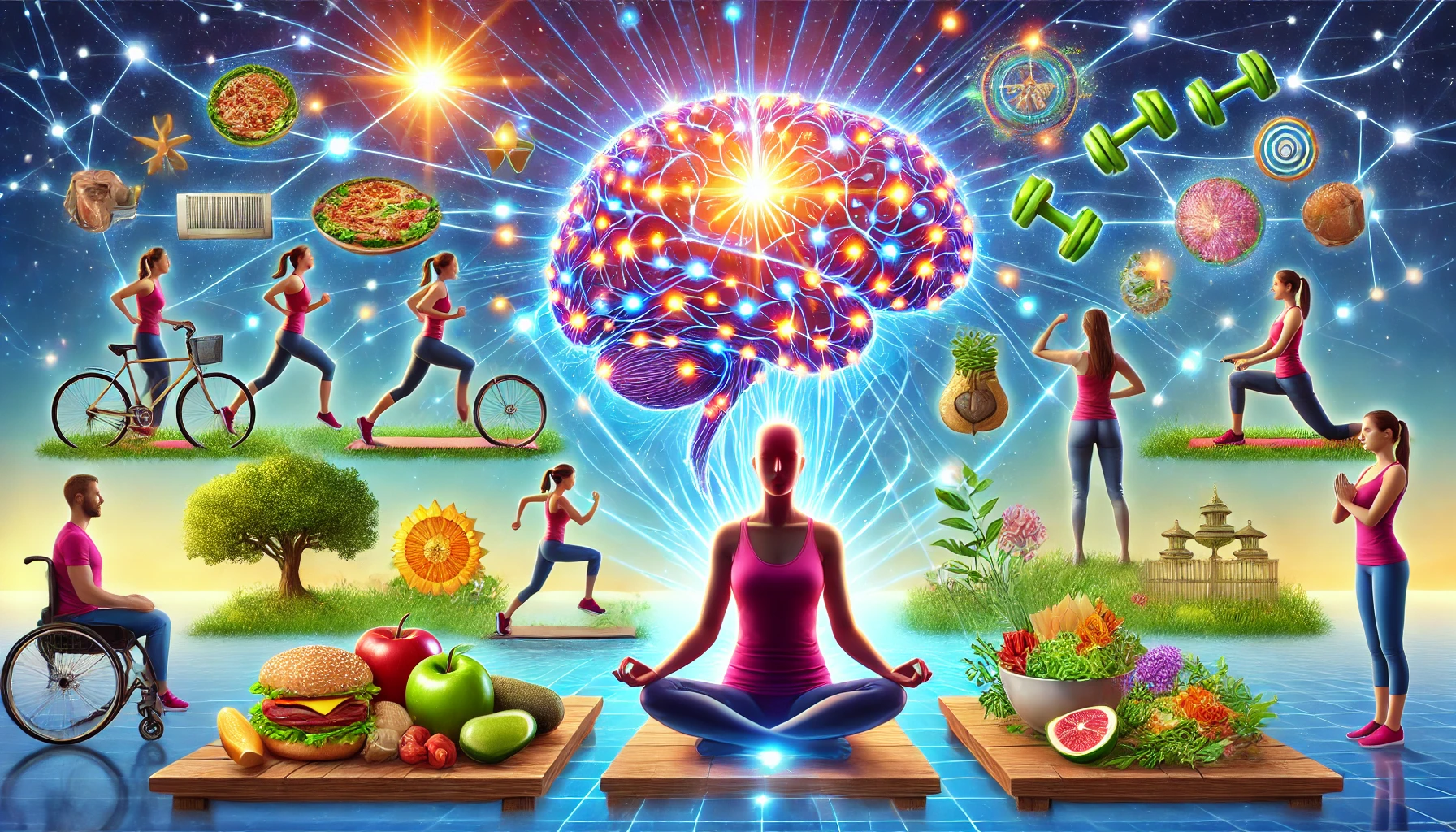
How to Improve Your Willpower Through Lifestyle Changes
Willpower is often seen as a limited resource, but neuroscience shows that it can be strengthened through daily habits and ...
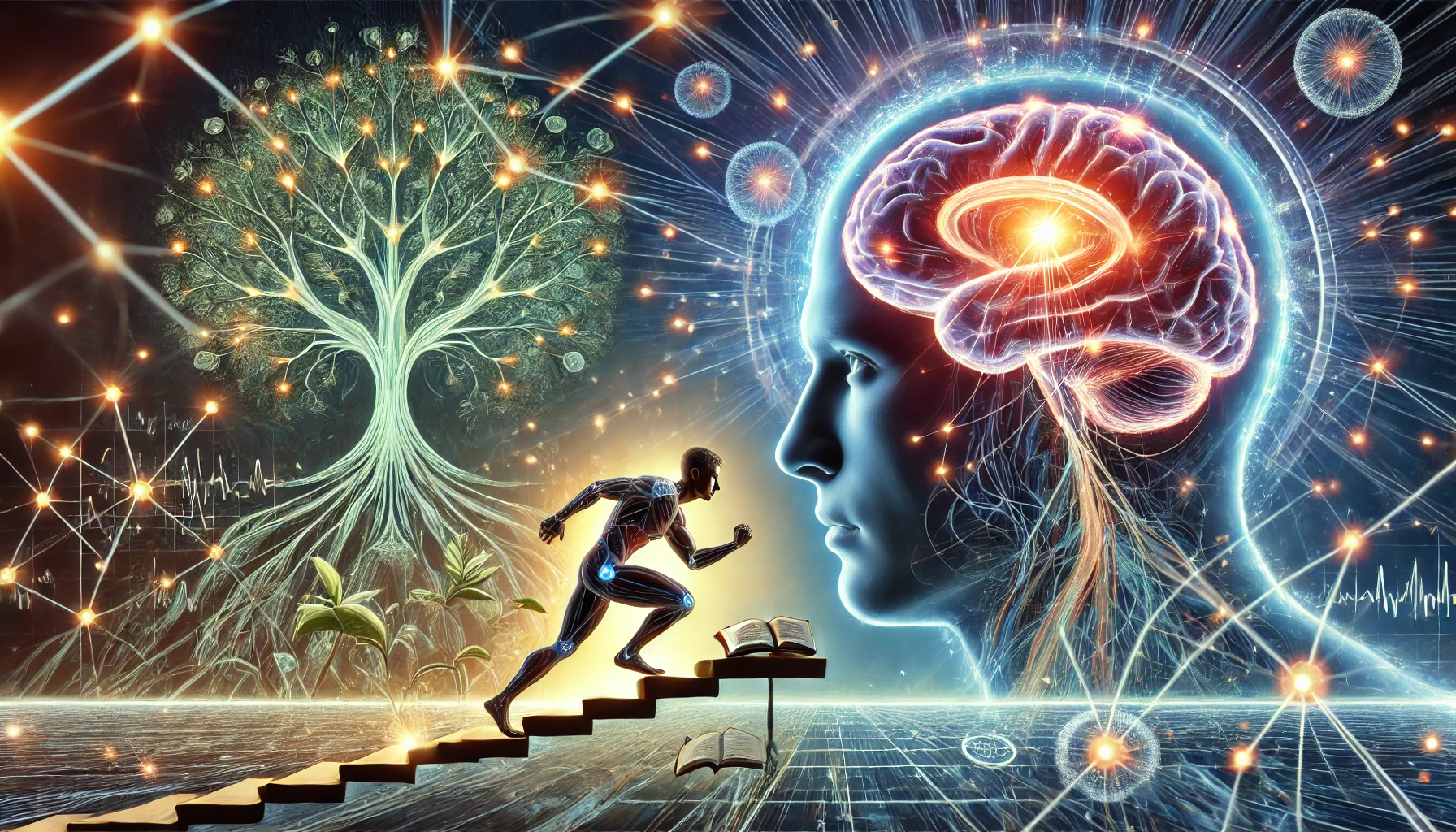
The Neuroscience of Self-Superation: How to Achieve Your Goals with Discipline
Achieving your goals isn’t just about motivation—it’s about self-superation, the process of constantly improving yourself through discipline, resilience, and mindset ...
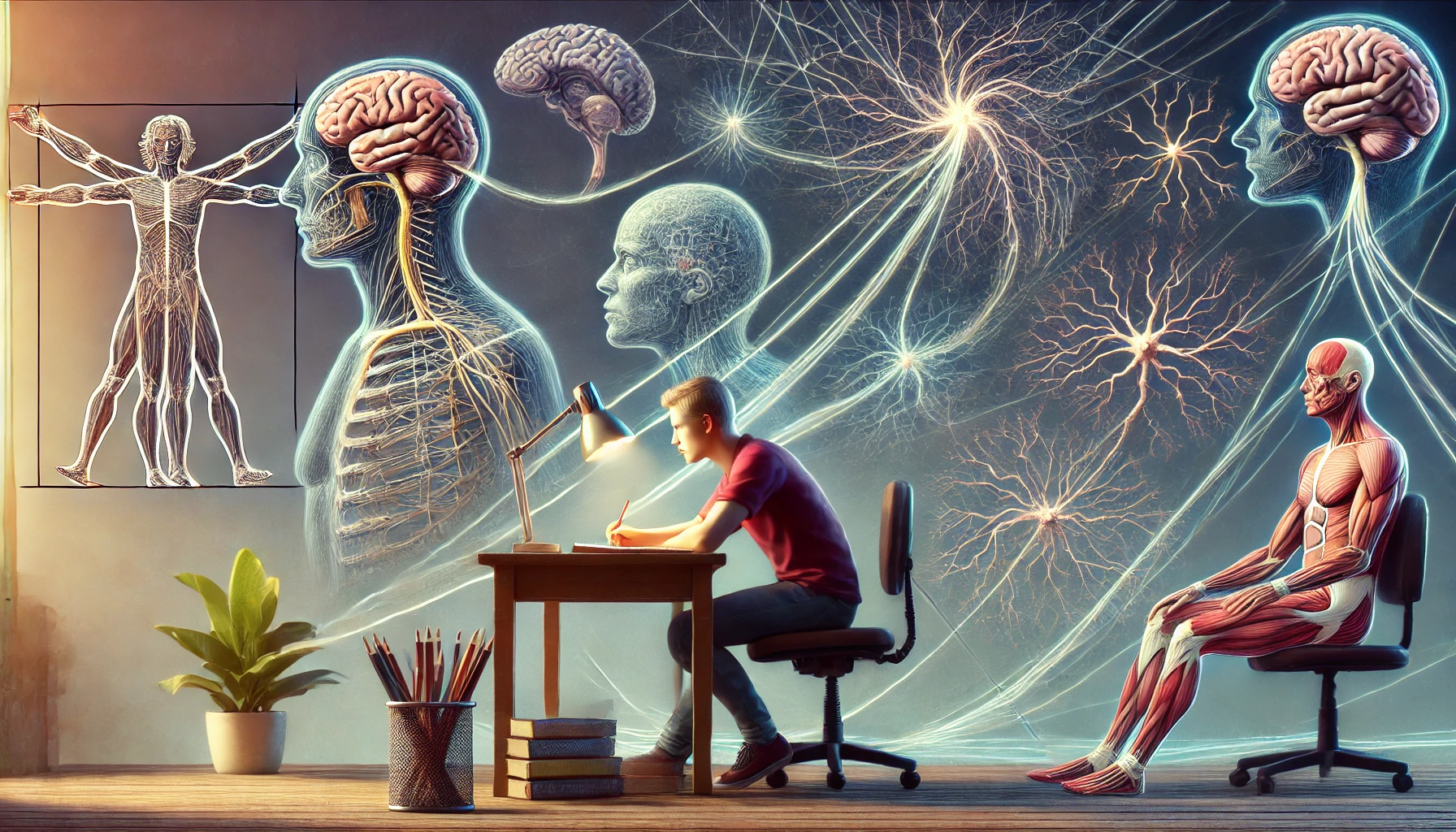
How the Nervous System Affects Your Ability to Maintain Consistent Habits
Building and maintaining habits isn’t just about motivation or willpower—it’s deeply connected to how your nervous system functions. Your ability ...
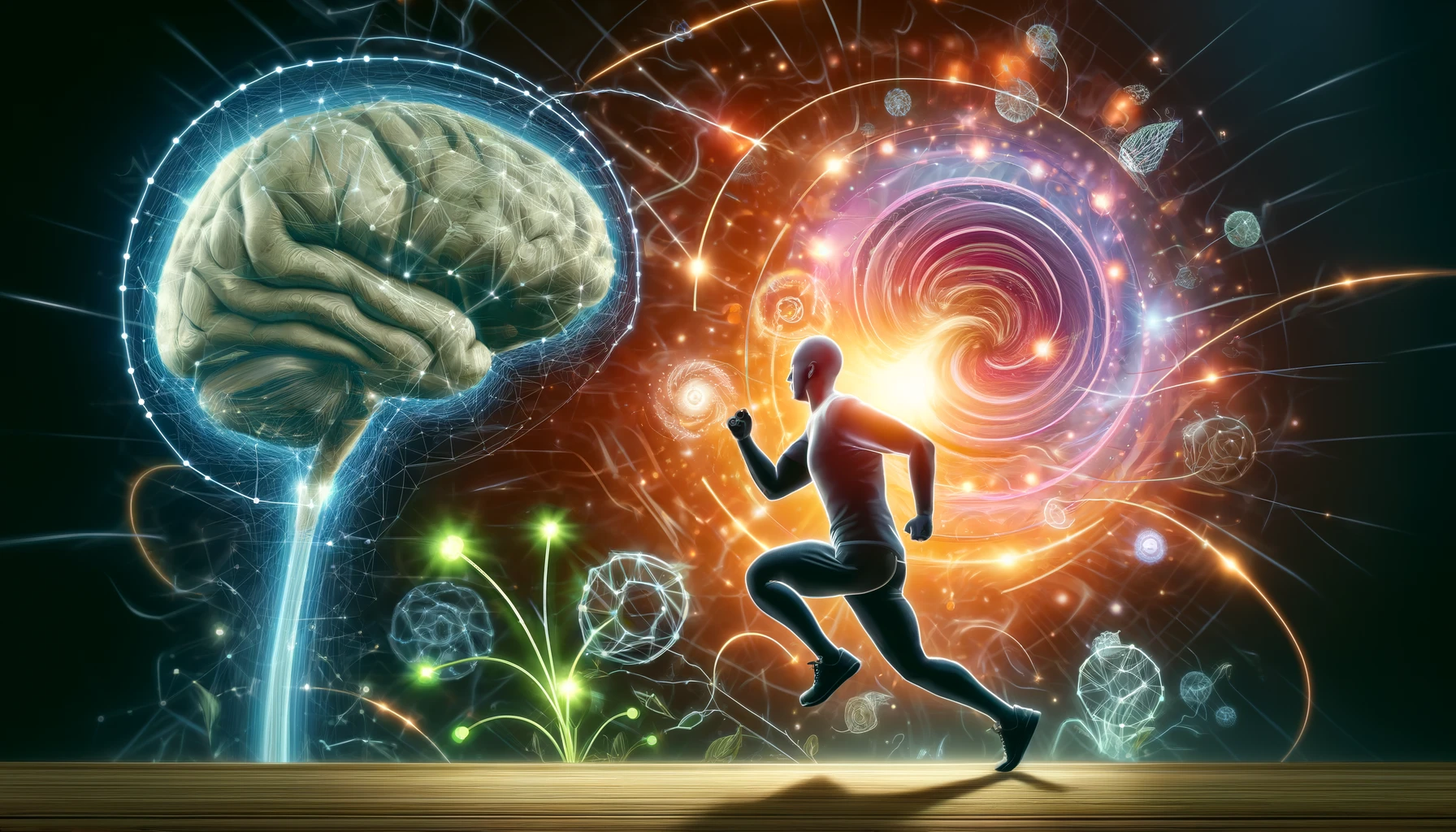
How to Use Neuroplasticity to Create New Habits Effectively
Your brain is constantly changing, adapting, and rewiring itself based on your experiences, thoughts, and actions. This ability, known as ...
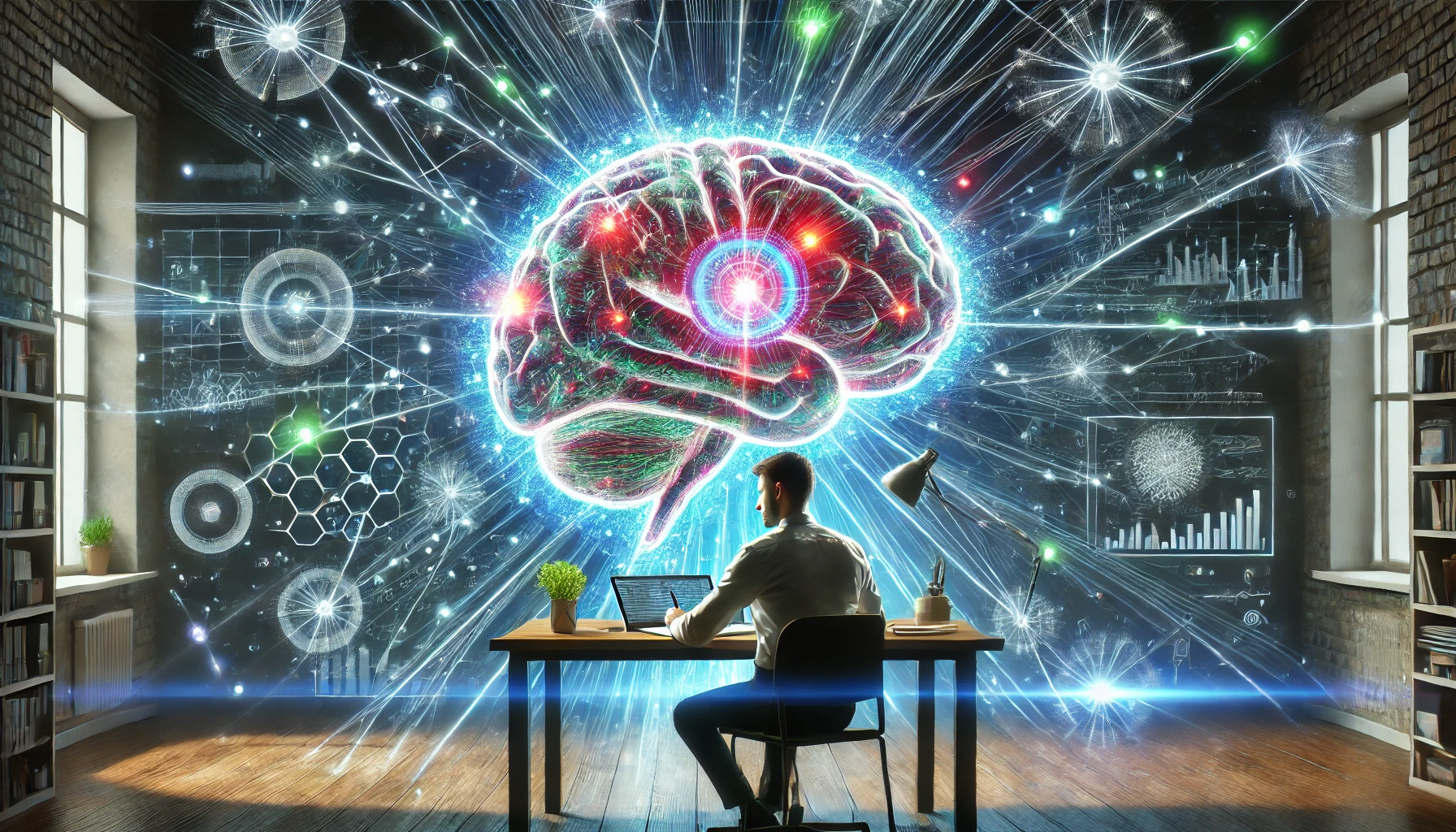
How Neuroscience Can Help You Overcome Procrastination
Procrastination isn’t just about laziness or lack of motivation—it’s a battle happening inside your brain. Even when you know you ...




